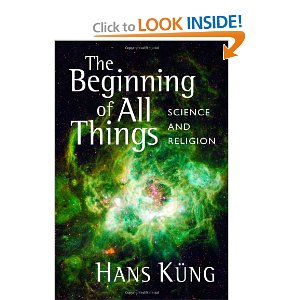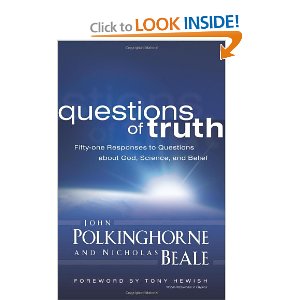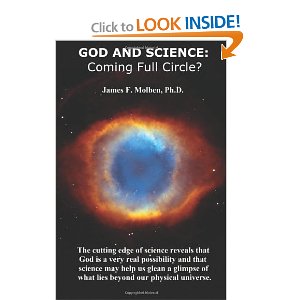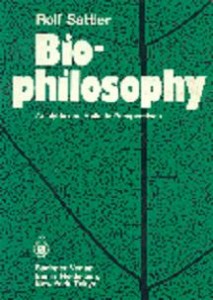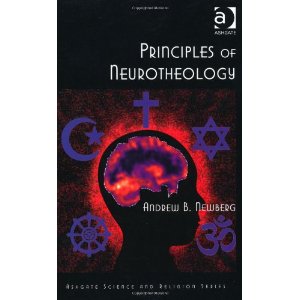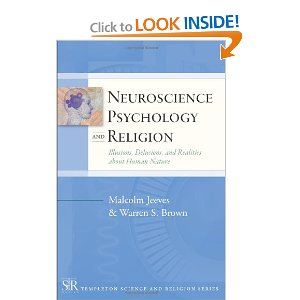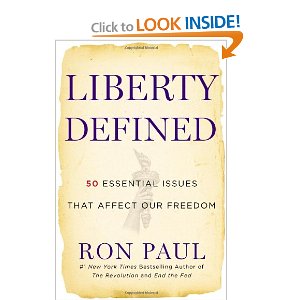
Ron Paul
Ron Paul continues the noble tradition of founders and thinkers such as Thomas Jefferson, Edmund Burke, James Burnham and Patrick Buchanan in social-political conditions of the 21st Century. The book is written in lucid, vital and free flowing style without any convoluted jargon. I purchased the kindle edition and finished the book in 3 hours with several re-readings of some chapters/paragraphs.
The stage is set in contemporary America, and the intended audiences are likely the young indoctrinated subservient Americans, victims of Washington DC. This book could be the conservative bible for next two decades to effect political renewal of a tired, beaten and declining America. It deals with Paul's unique approach as a practicing Christian, a conservative libertarian and a citizen statesman. The amoral and utopian aspects of left-libertarianism are absent in this book.
Indeed the word libertarian has been mentioned only 6 times in the text. In comparison, the word moral has been mentioned a good 109 times, and “liberty” occurs 191 times. The book emphasizes the true essence of Christianity and Christ as the prince of peace, not a messenger of aggressive/deceitful secular wars.
The writing is universal in its appeal so that a person from China, India, Africa, Islamic World or Europe will naturally relate to its contents. It defines the true meaning of Liberty, Equality and Fraternity, the three principles of humanity. It is applicable to all human societies and aggregates, not just America. It shows the essence of conservatism and social order and extensively deals with liberty's relationship with morality, religion and ethics.
The book is tabulated in 50 chapters and covers 5 principal themes:

